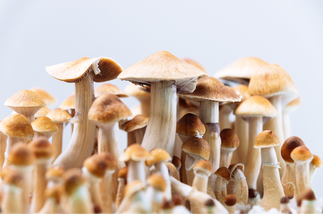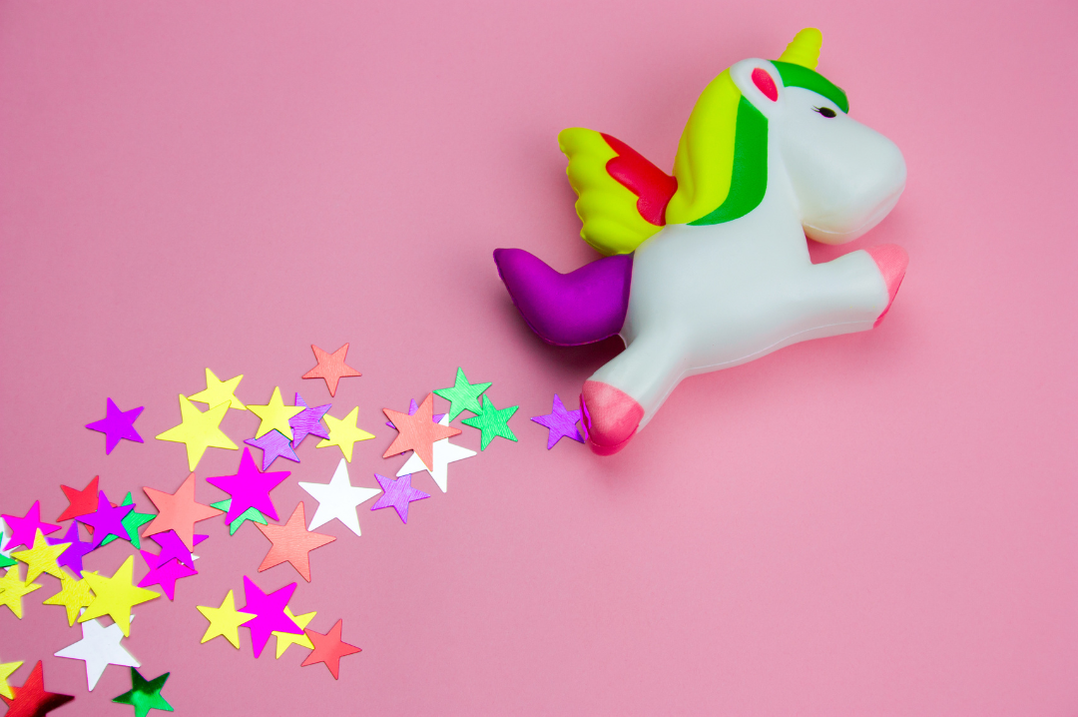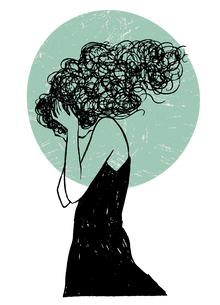|
Psychedelics - psilocybin “magic” mushrooms, LSD, MDMA/Ecstasy, ketamine, ayahuasca, etc. - are having a renaissance right now. There is amazing research on treating everything from complex PTSD to treatment-resistant anxiety and depression. Psychedelics are being used to help terminal cancer patients come to terms with the end-of-life experience, and there’s a promising indication that they’re highly effective in addressing addiction. But what about the rest of us? At present, there isn’t clinical research for the huge majority of us that have day-to-day, “manageable” anxiety or depression, who experience burnout, or who have done a lot of personal development through things like therapy or coaching and are still feeling stuck. And still, that hasn’t stopped many individuals from exploring microdosing psilocybin mushrooms as an option to address these extremely common issues. There are a variety of benefits to large-dose experiences, and on the flip side, there are also bigger risks. The reality is it’s not right for everyone. More importantly, there are many people who simply aren’t interested in going through the process of hallucinating their living room carpet coming to life in order to address their mental health. So where does that leave us? Let’s take a quick look at what psilocybin mushrooms are, and then dig into how microdosing can help you  What is psilocybin? Psilocybin is the psychedelic compound in “magic” mushrooms. When we eat these mushrooms (or mushroom-infused foods or teas), our body takes the psilocybin and breaks it down. Once it’s broken down, it then goes out into our body and finds our serotonin receptors. You might be familiar with serotonin as a “happy” chemical. It’s a neurotransmitter that helps regulate everything from mood to gut function. Psilocybin looks an awful lot like serotonin, so when we have psilocybin in our system, it acts like serotonin. This is why people experiencing a large-dose trip often describe feelings of euphoria, bliss, and a sensation of being one with the universe. One of the most interesting things about psilocybin is that it seems to act on all areas of our brain, not just one area. This is also why people on large-dose trips can experience synesthesia, the ability to “see music” or “taste colors”. Parts of our brain that don’t normally get to talk to one another can, for a short period of time, communicate directly. In this state, it’s easier for our brains to make new associations or break old habits. This is called neuroplasticity, and it's one of the reasons psilocybin is so effective at helping people make life-long changes to their mental health or day-to-day habits. What the hell is microdosing and why should it matter to me? Like all other substances, different amounts have different effects. One glass of wine might not affect you much, but a whole bottle may get you quite drunk. Psychedelics are no different. While large doses start at around 1000 milligrams (aka - 1 gram), a microdose is much lower, usually between 100 to 300 milligrams. Some people might need less, some a little more, but the dose is meant to be low enough that you don’t feel effects like changes in vision and don’t experience hallucinations So if I’m not riding a unicorn down a rainbow, is it even working?
The important thing to be mindful of when we’re utilizing psychedelics at any dose is that if we truly want to get the most benefit out of the experience, we still need to do the work. This work is referred to as integration. What is integration, and can I do it on my own? Integration is the process of exploring habits, patterns, and insights during and after psilocybin exposure. The neuroplasticity that psilocybin induces can last for several days to several weeks depending on the dose. It’s in that time that we can make positive changes, whether it’s how we handle ourselves during an argument, how we talk to ourselves in moments of stress or anxiety, or even reducing/stopping drinking or smoking. Integration is best done with a professional. We all have strengths and weaknesses. Similarly, we also have things we know about ourselves that are obvious and blind spots. Sometimes we’re aware of the area of our life that needs attention but lack the skills or resources to address it.
Will psychedelics help me if I don’t do the integration work? Just taking mushrooms and going about your day may make you feel better temporarily, but as the psilocybin moves out of your system and you come out of the period of neuroplasticity, you’ll lose that effect. While they’re referred to as “magic” mushrooms, there’s nothing that can replace the effort needed to understand how your brain is wired and to consciously choose to function differently. However, psychedelics can lower the barrier to that process. How do people who are interested in microdosing go about it? I may sound like a broken record, but the best thing you can do is find a professional in the psychedelic space. Don’t be afraid to ask questions about their background and history. Taking psychedelics at any dose requires good support and it’s incredibly important you work with an individual that you can trust, who is familiar with harm reduction, and who puts your needs first. Is it legal?
Some companies operating out of decriminalized areas in the US and Canada are able to ship them, though that also is often not legal and may present its own issues. If you do acquire ANY substance from a source other than a dispensary, there are in-home testing kits that can check the purity of various drugs to determine if they are pure or laced. If you’re interested in understanding more, it’s best to discuss it with a professional. How can I learn more?
The internet is a great place to start. The Multidisciplinary Association for Psychedelic Studies (https://maps.org/) has fantastic information, as does The Third Wave (https://thethirdwave.co/). If you’re interested having a supported microdosing experience with a solid foundation of education, I offer my signature course, Breaking Through: The Architecture of Conscious Microdosing, throughout the year (https://www.theburnoutwitch.com/breakingthrough.html). It provides a four-week educational series with the option for an additional four weeks of personal microdose coaching in both group and private settings. Psychedelics don't have to be scary. You don’t have to have a bad trip or even a big trip. With the right support, you can find a way to utilize psychedelics gently while completely transforming your life.
0 Comments
|
AuthorDr. Eliza Collins is a psychedelic consultant, Doctor of Acupuncture, and integrative wellness practitioner based in Providence, RI, USA ArchivesCategories |



 RSS Feed
RSS Feed